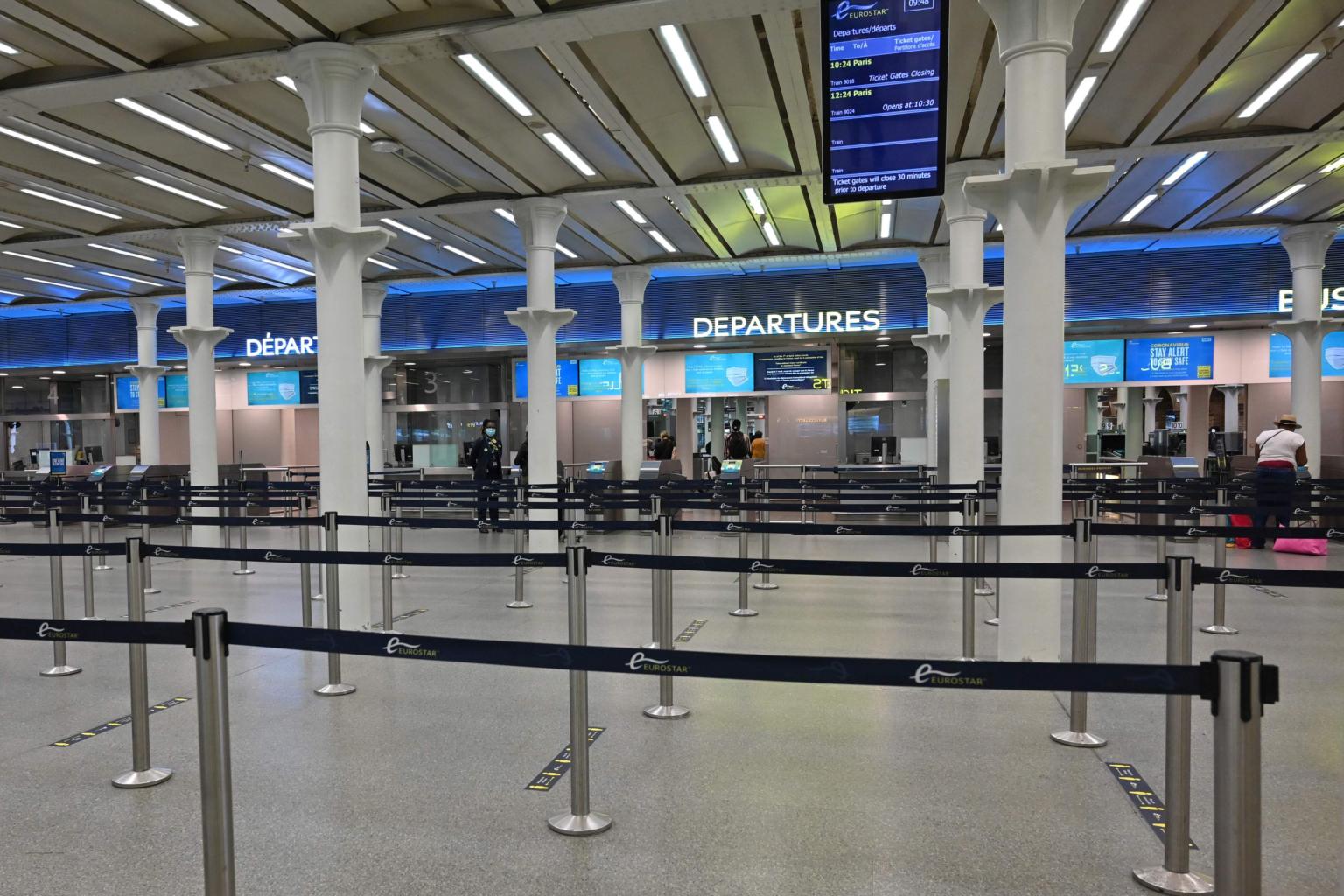Confidence in air travel slides with less than half of consumers willing to fly: IATA survey
Sign up now: Get ST's newsletters delivered to your inbox

New bookings are down 82 per cent from a year ago.
PHOTO: AFP
Follow topic:
LONDON (BLOOMBERG) - People are less willing to fly now than they were at the height of the coronavirus lockdown, according to research carried out for the airline industry's main trade group.
Only 45 per cent of those polled in late May and early June said they would be prepared to board a plane within one or two months of restrictions being lifted, down from 60 per cent in April, the International Air Transport Association said on Tuesday (June 16).
"If anything, consumers have actually got rather more cautious and we have a majority saying now that they would wait more than six months before travelling," IATA chief economist Brian Pearce said in a press briefing.
"The survey is telling us that passengers are rather cautious."
Other indicators also point to an uncertain demand environment.
New bookings are down 82 per cent from a year ago, according to IATA, improving only slightly from a low point in April. Reservations are also being made far later, with 41 per cent of people booking within three days or less of their journey last month, compared with 18 per cent in 2019. Demand for long-haul flights remains close to zero.
The trade group, which represents 290 airlines, called for an extension to waivers of the so-called use-it or lose-it airport slot rule through the winter season in light of the lack of forward visibility. The rule, requiring carriers to use 80 per cent of slots, has been suspended through Oct 24 in the European Union.
"That will give airlines the flexibility they need to focus on meeting passenger demand as it evolves, free from the burden of trying to predict what their schedule might look like a year from now," IATA chief executive officer Alexandre de Juniac said.
IATA forecasts airlines will lose a combined US$84 billion (S$117 billion) this year and almost US$16 billion in 2021, more than three times the outflow after the 2008 slump.
Declining fares mean they will need to fly 80 per cent full just to break even, so that most will carry on losing money even as services resume, it said, predicting yields will be down 18 per cent globally this year.

